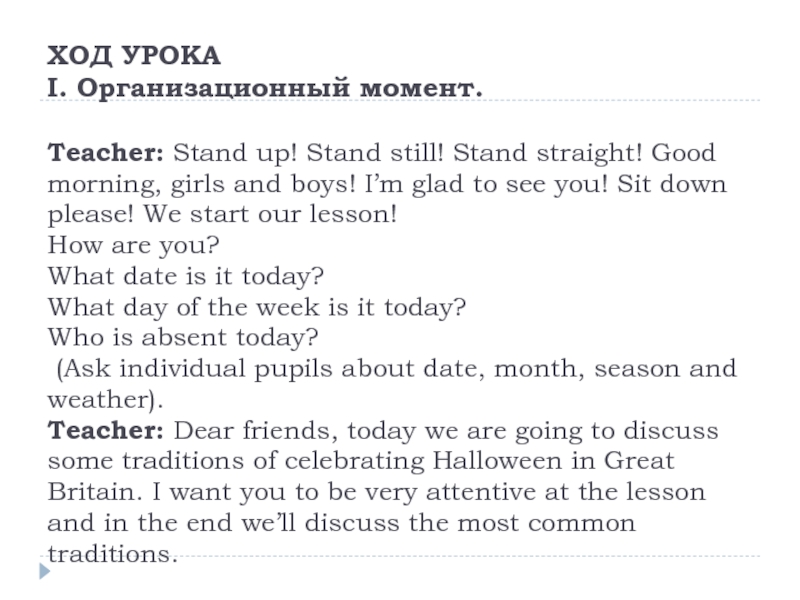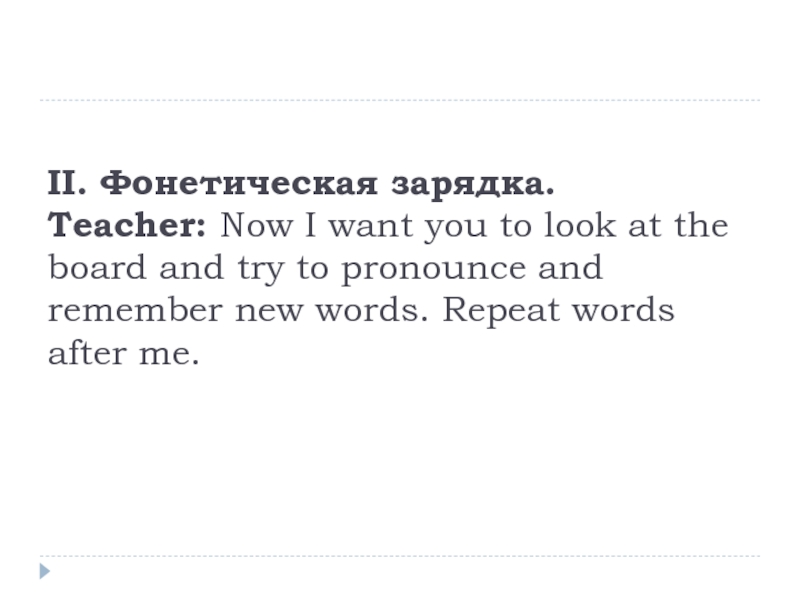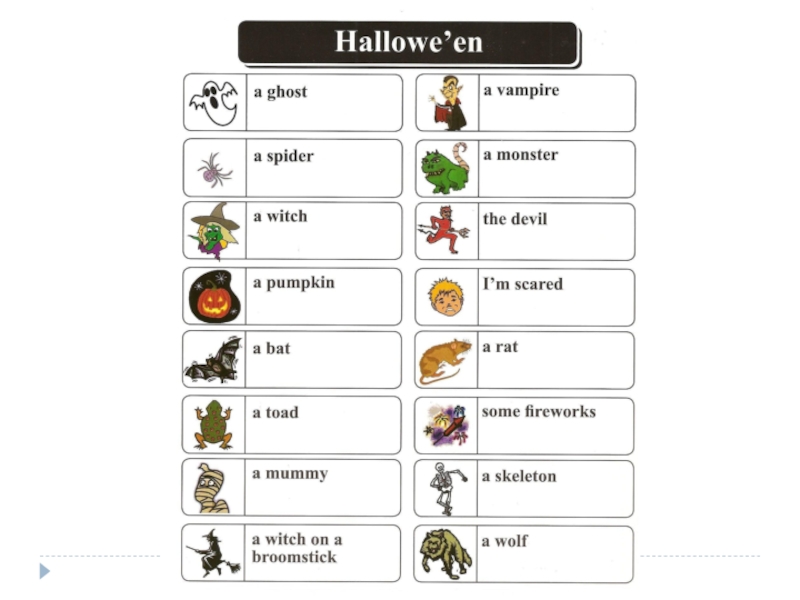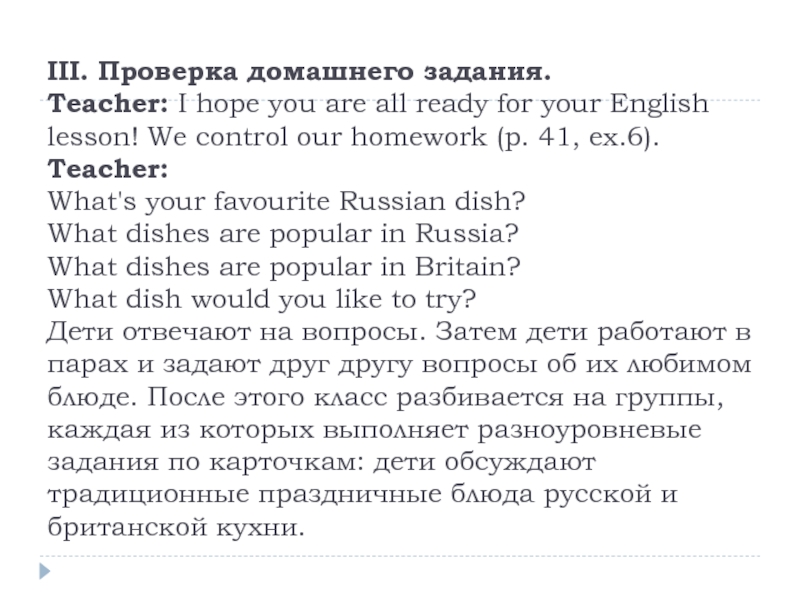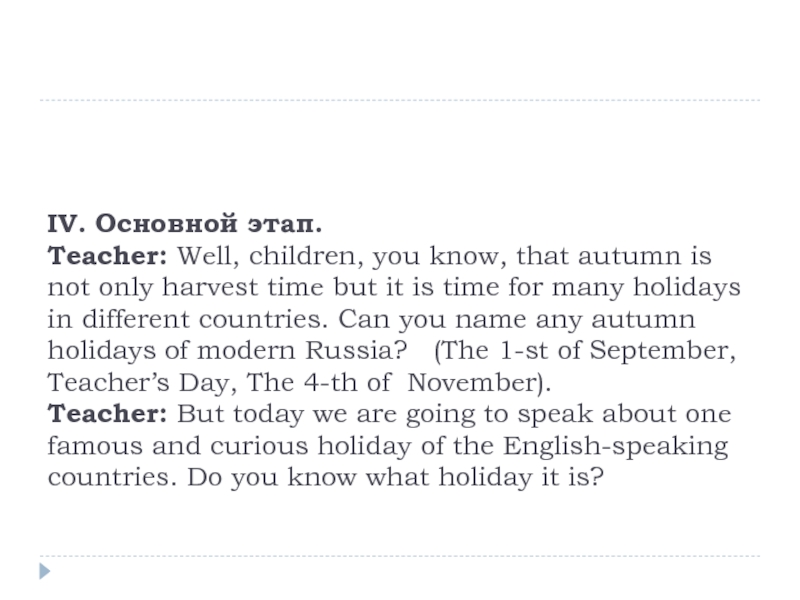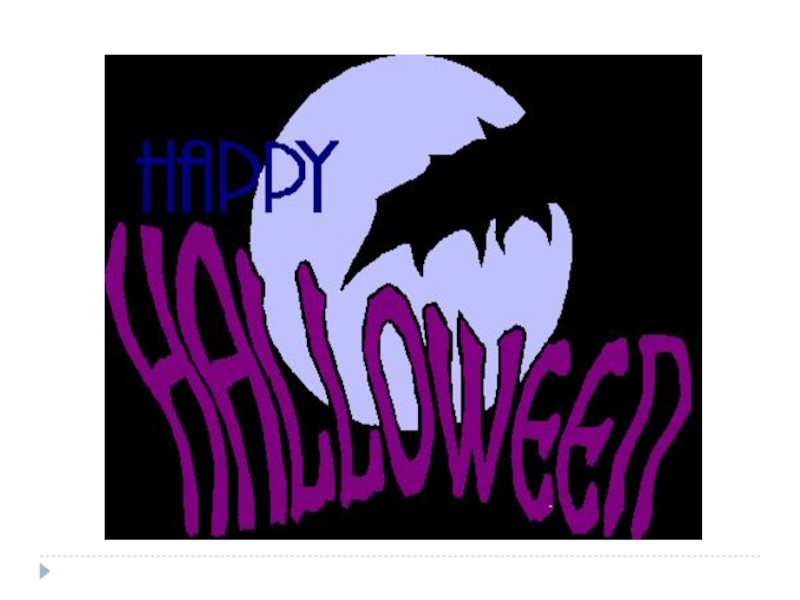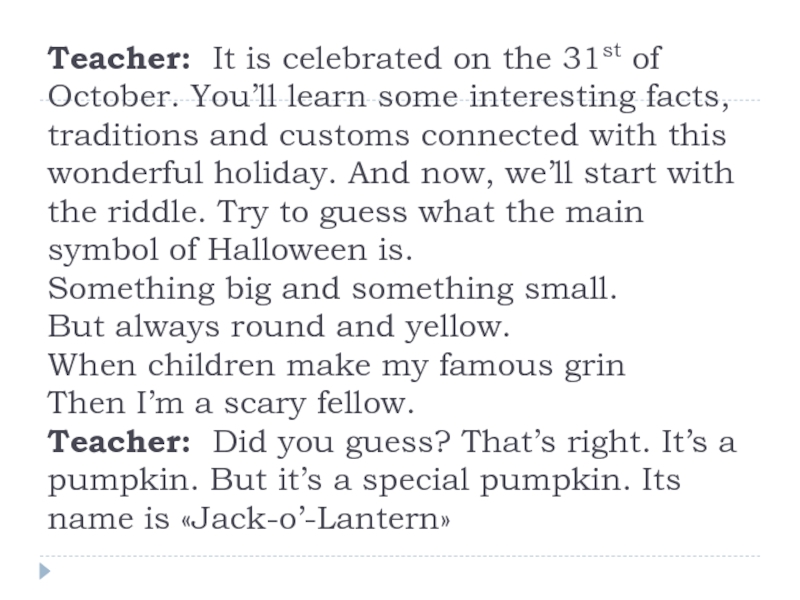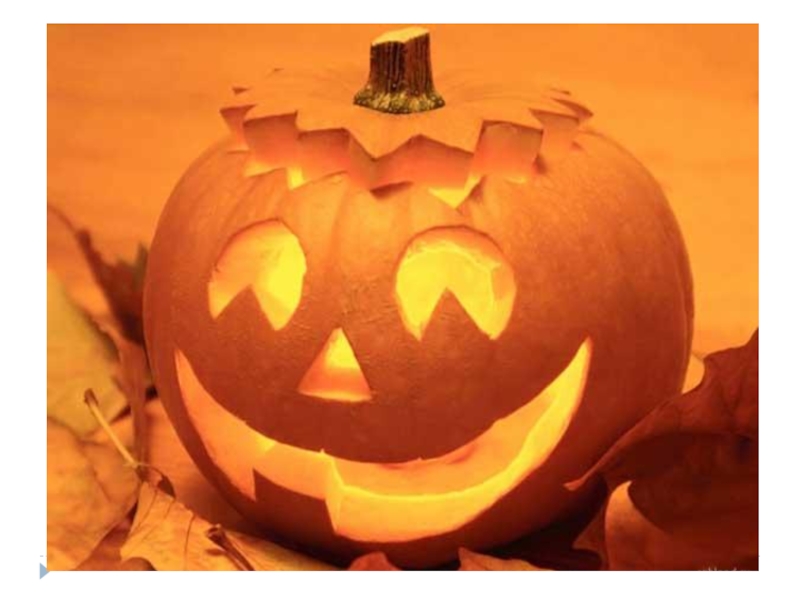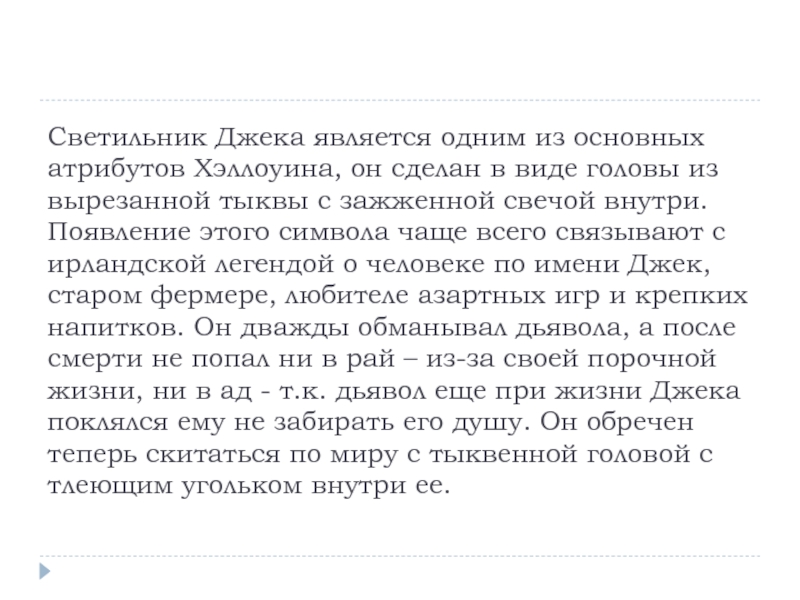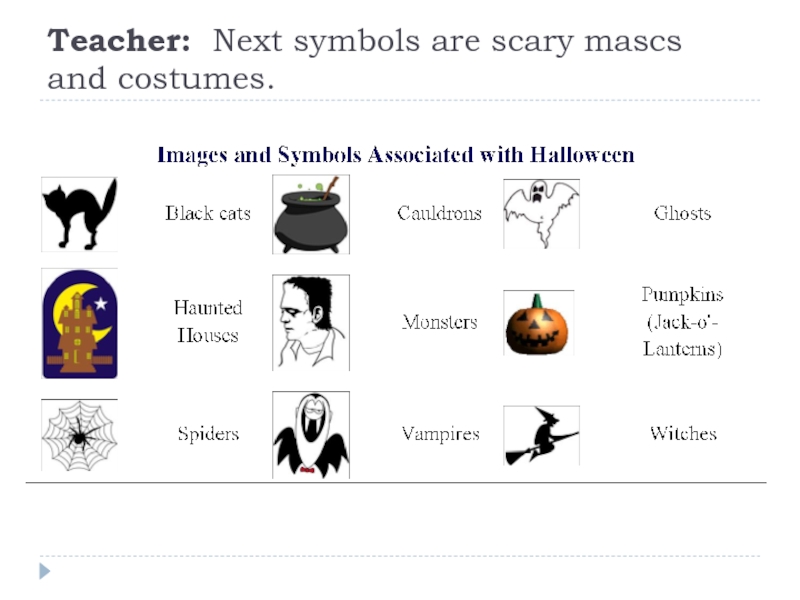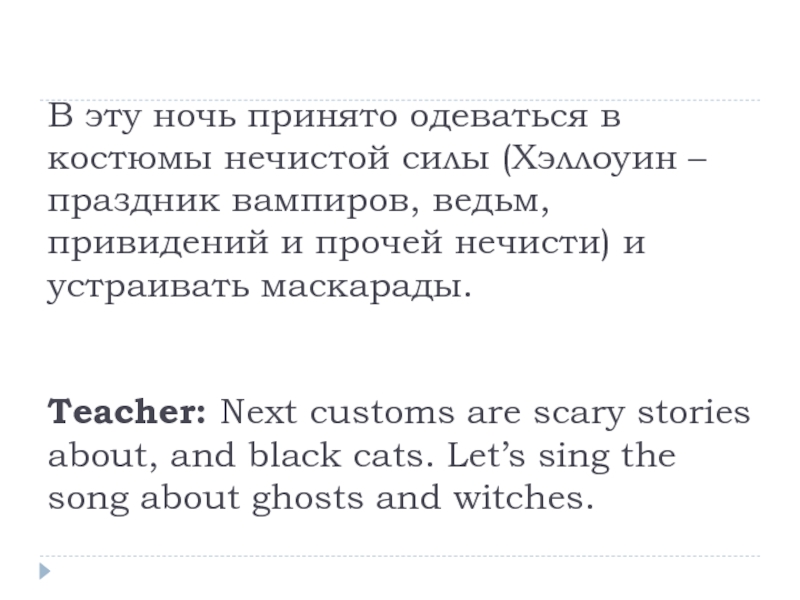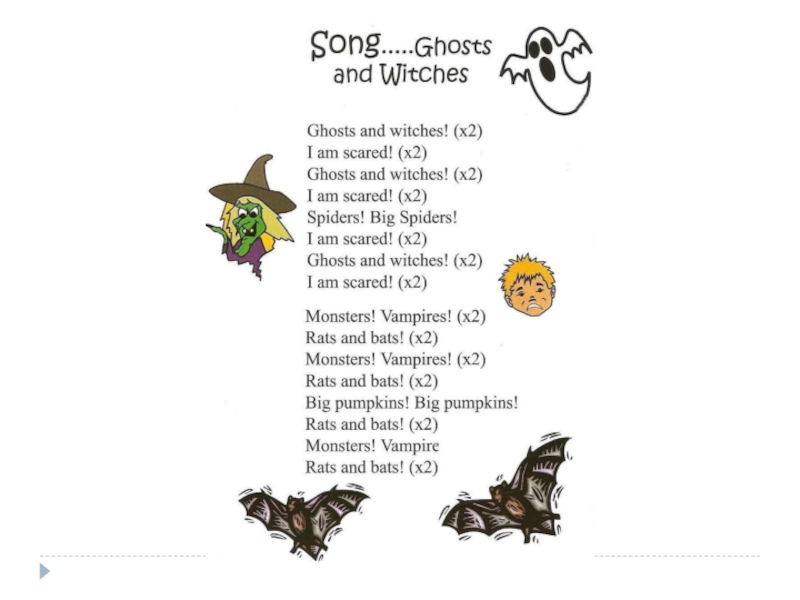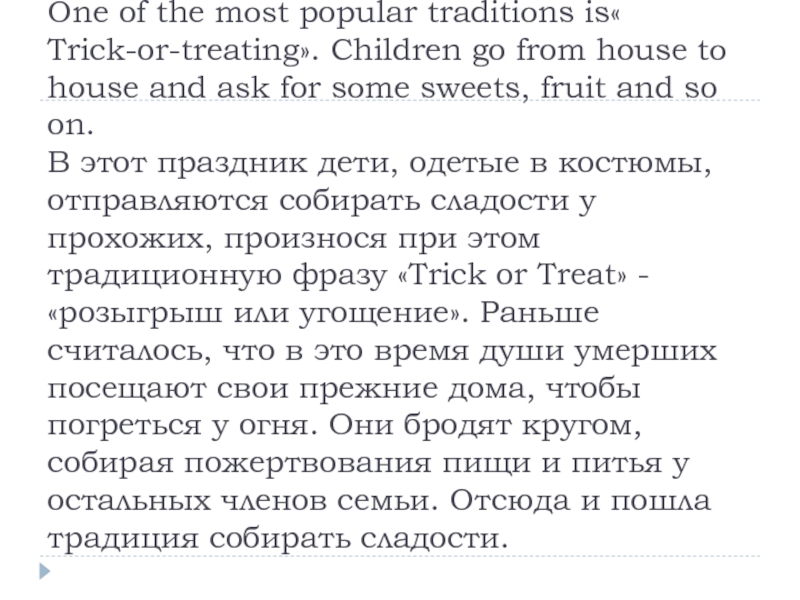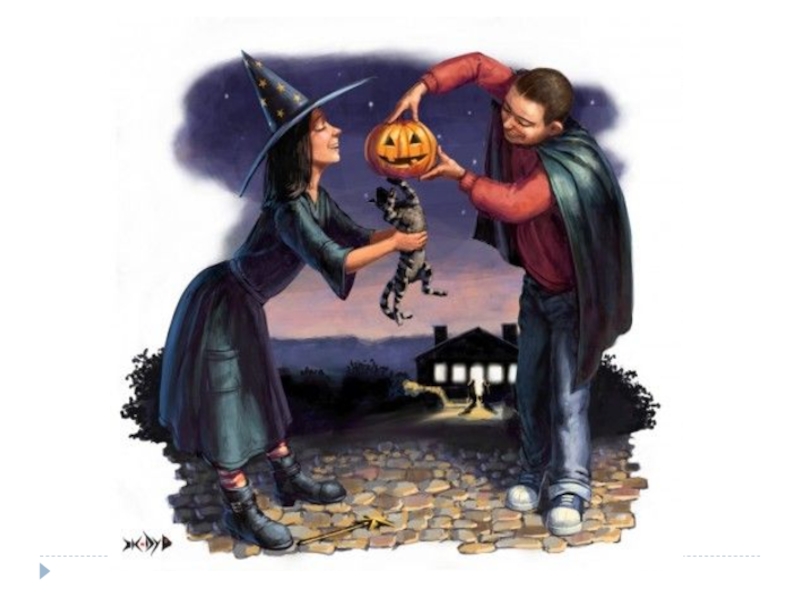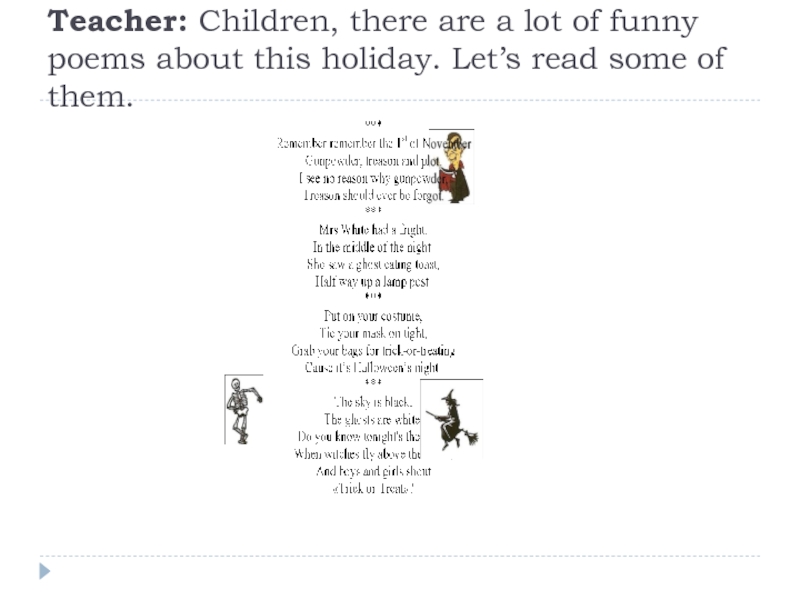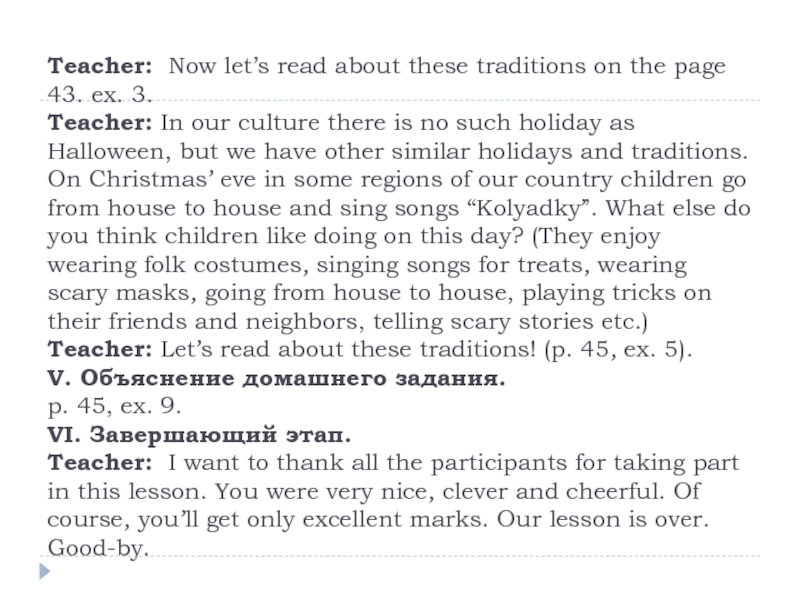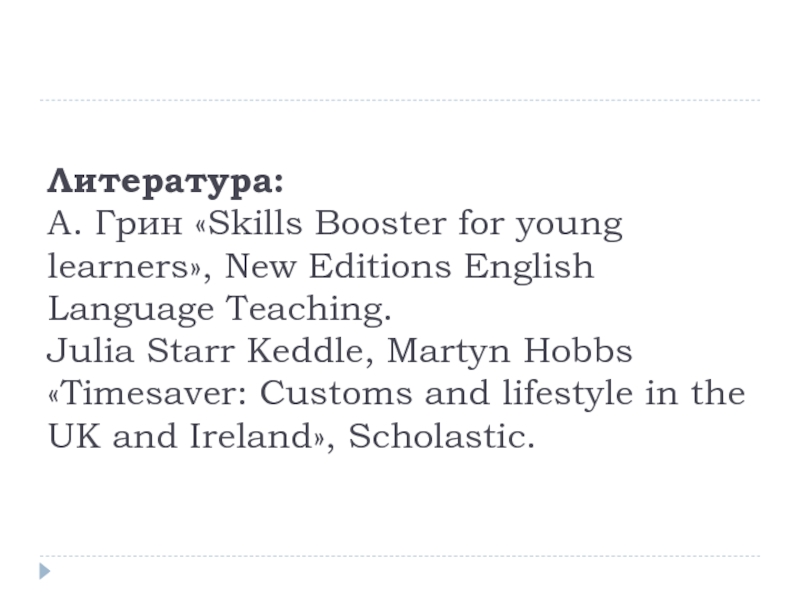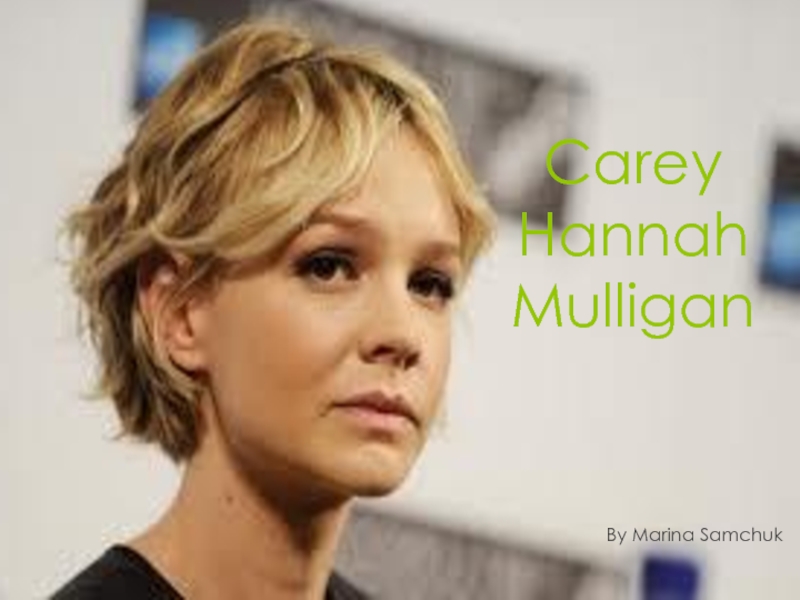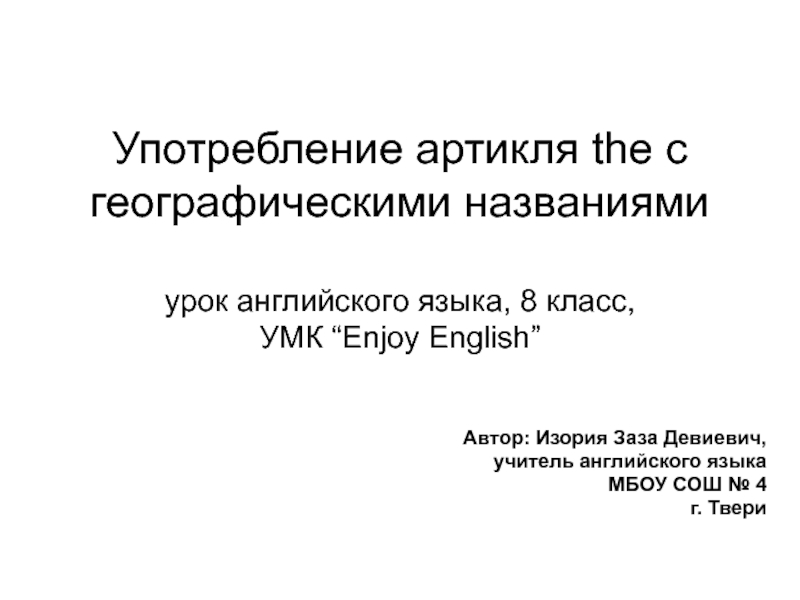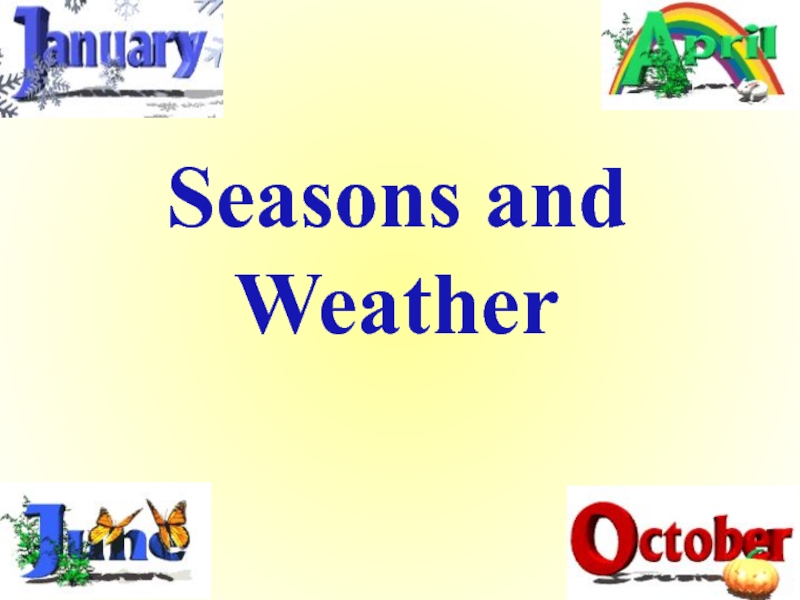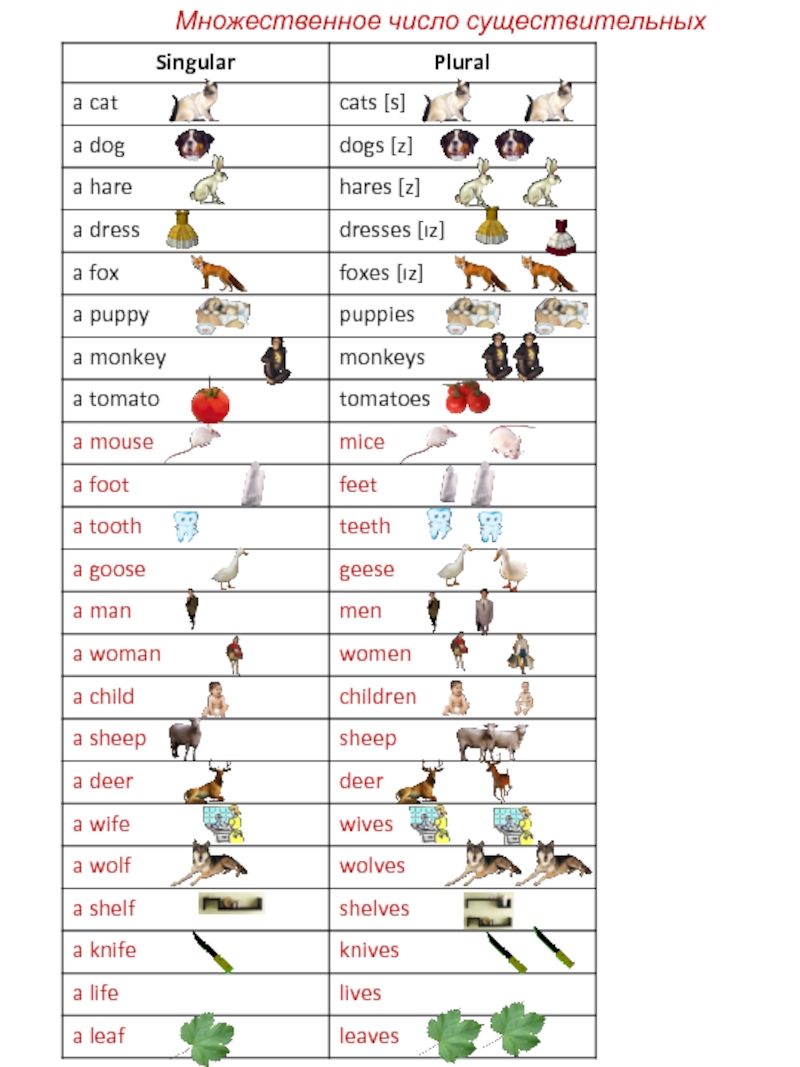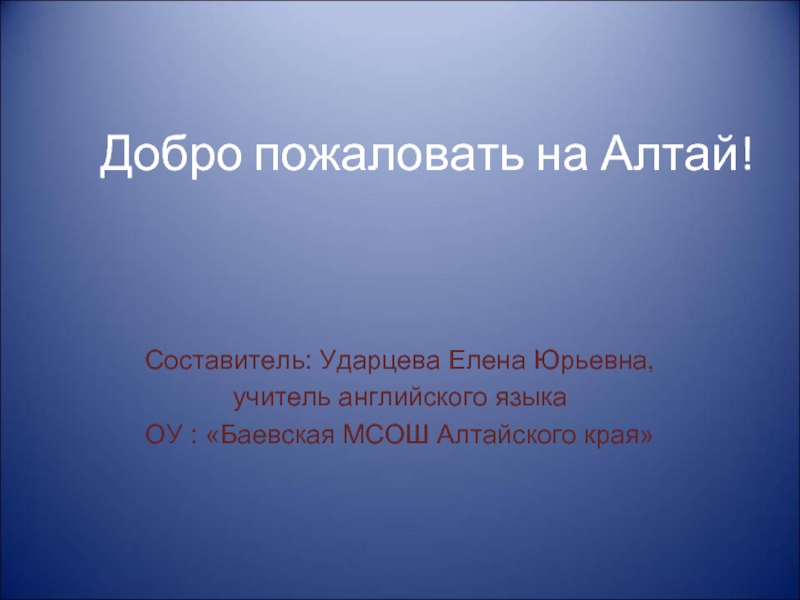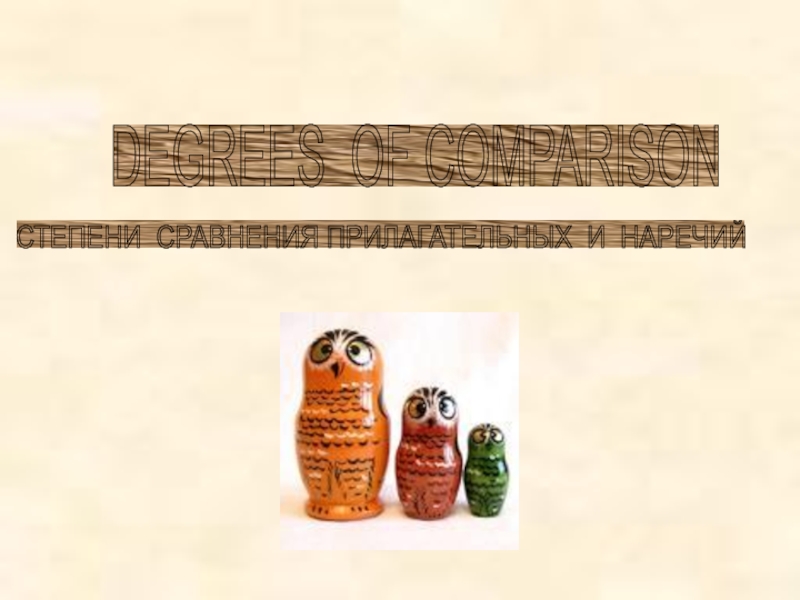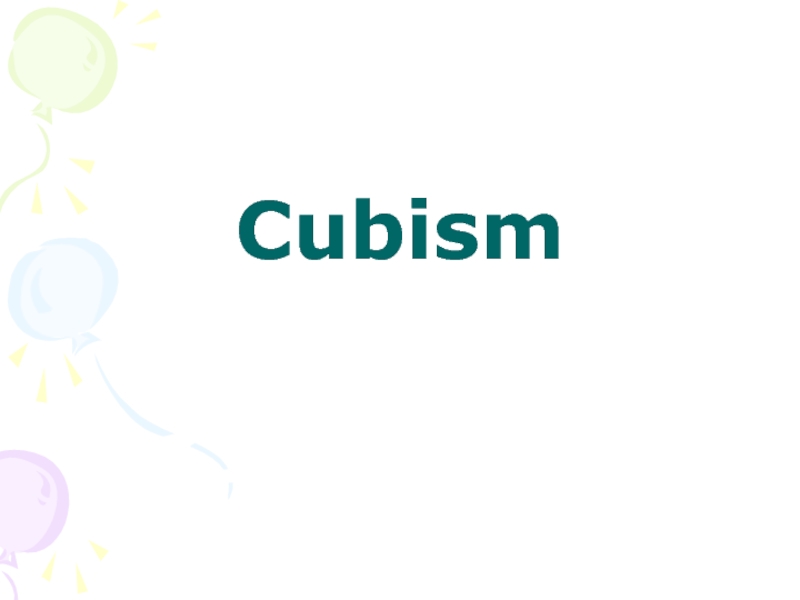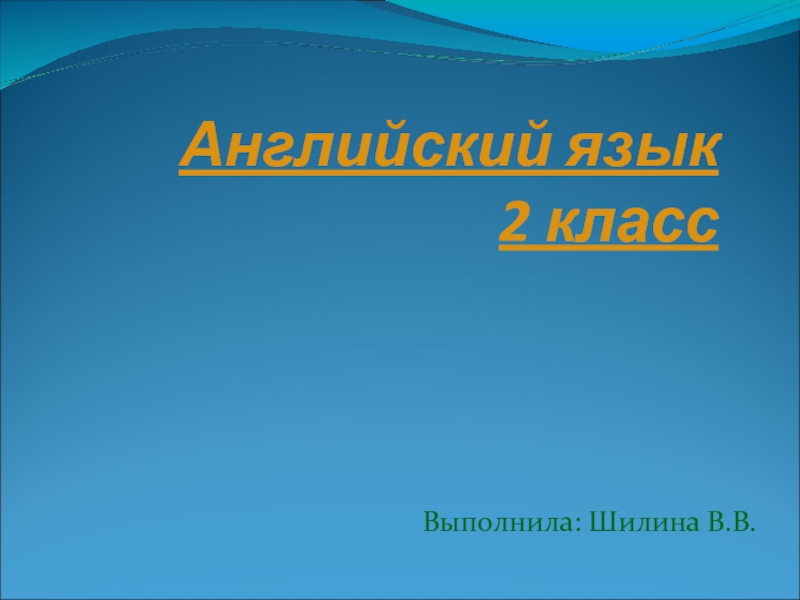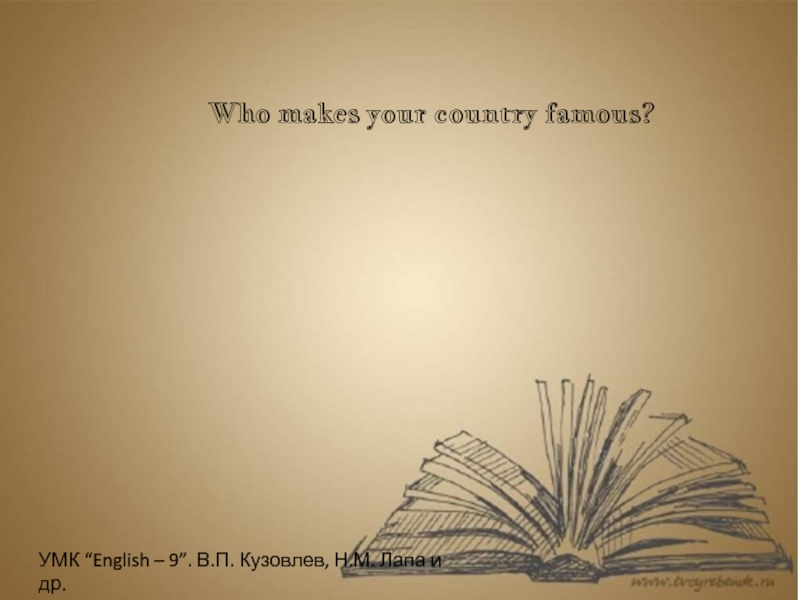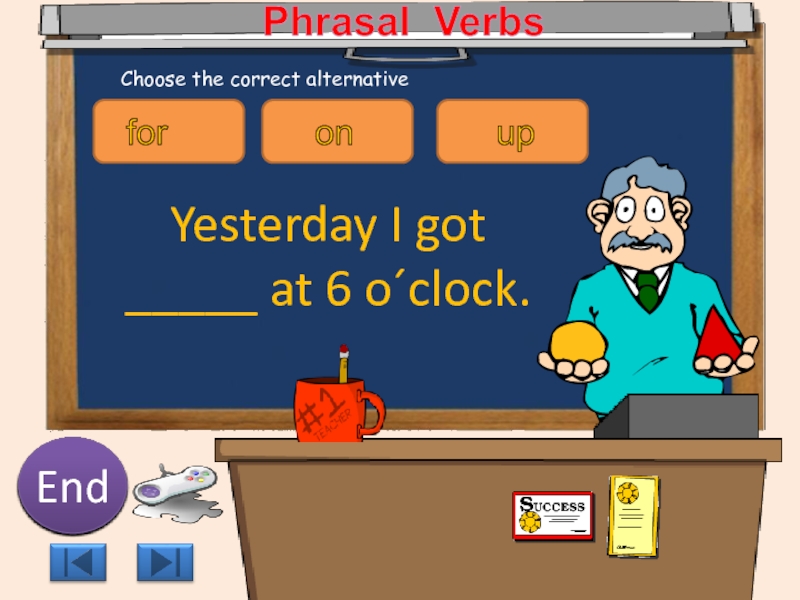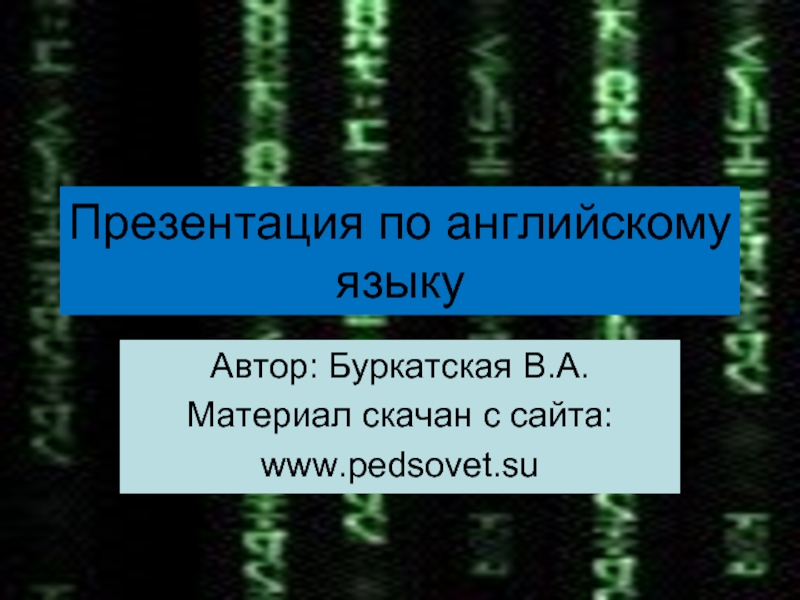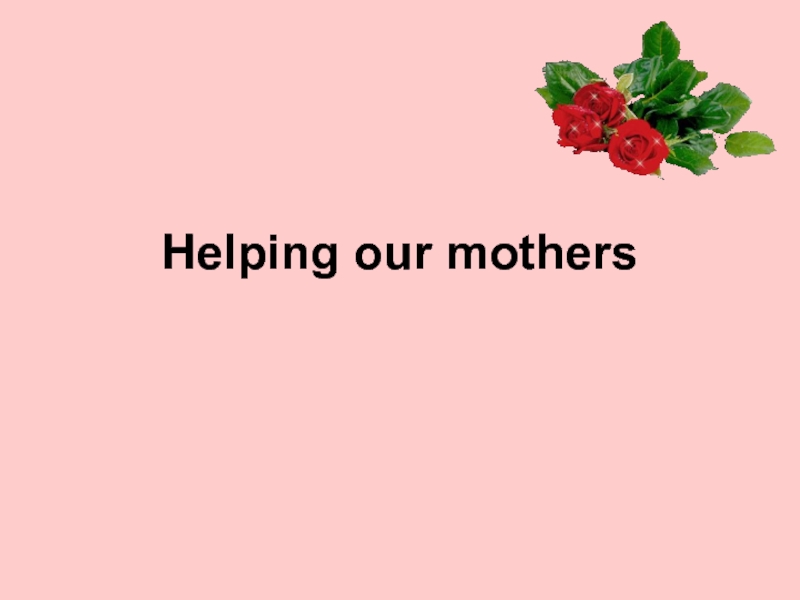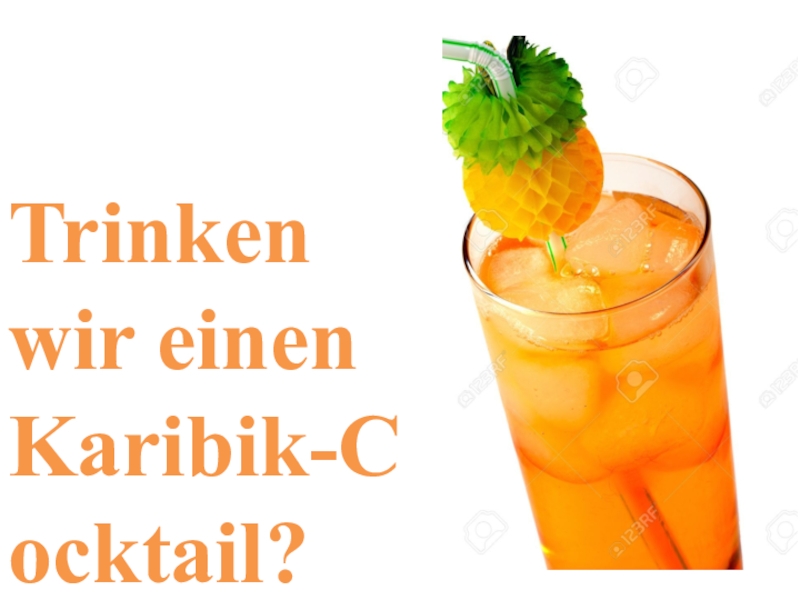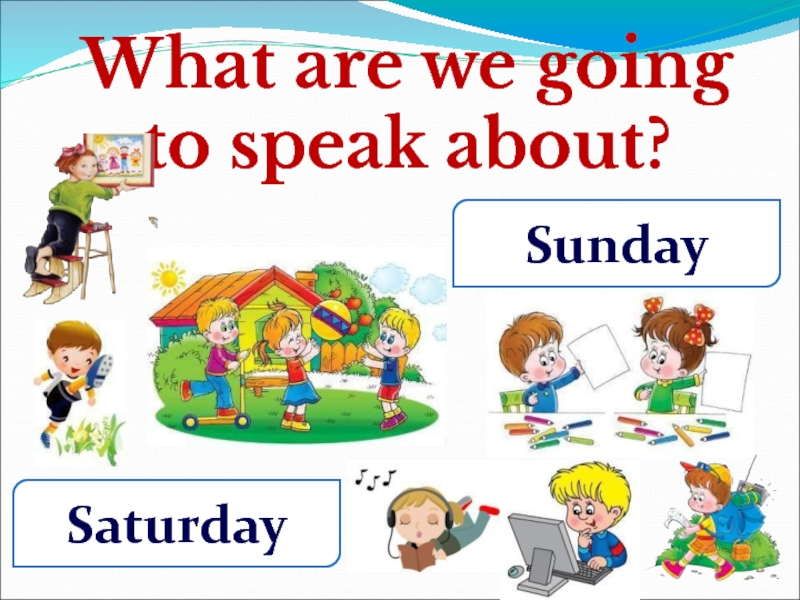Слайд 1
МАОУСОШ №2
села Успенского
Предмет: английский язык
Класс: 5
Урок по теме:
«Праздник Хэллоуин в Великобритании»
Учитель:
Воронова Татьяна Валентиновна
Слайд 2
Цель урока:
познакомить учащихся с обычаями и традициями празднования Хэллоуина
(Halloween – канун Дня всех святых) в англоязычных странах.
Слайд 3Задачи:
воспитательный аспект: воспитание у учащихся уважительного отношения к истории,
традициям, принятым в культуре англоязычных стран и в родной национальной
культуре;
учебный аспект: ознакомление учащихся с новой страноведческой информацией; введение нового лексического материала по теме и тренировка его употребления в речи в различных упражнениях; развитие у учащихся навыков монологической речи на основе нового лексического материала.
развивающий аспект: расширение представления учащихся о стране изучаемого языка, расширение кругозора, а также развитие познавательных интересов учащихся.
Слайд 4Речевой материал:
фонетический - [eә], [ͻ], [ʒ], [ɜ:], [ai];
лексический -
a boy, a girl, to enjoy, a trick (to play
tricks on smbd.), scary, a ghost, a costume, a bat, a mask, a story, about, a witch, black, to make, to wear, to scare, a friend, a neighbour, to go, a house, from ... to, to sing, folk, a pumpkin, a treat, to call, a patch.
Оборудование: аудиозапись, слайд-презентация, рисунки (изображения символов праздника), интерактивная доска.
Слайд 5ХОД УРОКА
Ι. Организационный момент.
Teacher: Stand up! Stand still! Stand straight!
Good morning, girls and boys! I’m glad to see you!
Sit down please! We start our lesson!
How are you?
What date is it today?
What day of the week is it today?
Who is absent today?
(Ask individual pupils about date, month, season and weather).
Teacher: Dear friends, today we are going to discuss some traditions of celebrating Halloween in Great Britain. I want you to be very attentive at the lesson and in the end we’ll discuss the most common traditions.
Слайд 6ΙΙ. Фонетическая зарядка.
Teacher: Now I want you to look at
the board and try to pronounce and remember new words.
Repeat words after me.
Слайд 8ΙΙΙ. Проверка домашнего задания.
Teacher: I hope you are all ready
for your English lesson! We control our homework (p. 41,
еx.6).
Teacher:
What's your favourite Russian dish?
What dishes are popular in Russia?
What dishes are popular in Britain?
What dish would you like to try?
Дети отвечают на вопросы. Затем дети работают в парах и задают друг другу вопросы об их любимом блюде. После этого класс разбивается на группы, каждая из которых выполняет разноуровневые задания по карточкам: дети обсуждают традиционные праздничные блюда русской и британской кухни.
Слайд 9ΙV. Основной этап.
Teacher: Well, children, you know, that autumn is
not only harvest time but it is time for many
holidays in different countries. Can you name any autumn holidays of modern Russia? (The 1-st of September, Teacher’s Day, The 4-th of November).
Teacher: But today we are going to speak about one famous and curious holiday of the English-speaking countries. Do you know what holiday it is?
Слайд 11Teacher: It is celebrated on the 31st of October. You’ll
learn some interesting facts, traditions and customs connected with this
wonderful holiday. And now, we’ll start with the riddle. Try to guess what the main symbol of Halloween is.
Something big and something small.
But always round and yellow.
When children make my famous grin
Then I’m a scary fellow.
Teacher: Did you guess? That’s right. It’s a pumpkin. But it’s a special pumpkin. Its name is «Jack-o’-Lantern»
Слайд 13Светильник Джека является одним из основных атрибутов Хэллоуина, он сделан
в виде головы из вырезанной тыквы с зажженной свечой внутри.
Появление этого символа чаще всего связывают с ирландской легендой о человеке по имени Джек, старом фермере, любителе азартных игр и крепких напитков. Он дважды обманывал дьявола, а после смерти не попал ни в рай – из-за своей порочной жизни, ни в ад - т.к. дьявол еще при жизни Джека поклялся ему не забирать его душу. Он обречен теперь скитаться по миру с тыквенной головой с тлеющим угольком внутри ее.
Слайд 14Teacher: Next symbols are scary mascs and costumes.
Слайд 15В эту ночь принято одеваться в костюмы нечистой силы (Хэллоуин
– праздник вампиров, ведьм, привидений и прочей нечисти) и устраивать
маскарады.
Teacher: Next customs are scary stories about, and black cats. Let’s sing the song about ghosts and witches.
Слайд 17One of the most popular traditions is« Trick-or-treating». Children go
from house to house and ask for some sweets, fruit
and so on.
В этот праздник дети, одетые в костюмы, отправляются собирать сладости у прохожих, произнося при этом традиционную фразу «Trick or Treat» - «розыгрыш или угощение». Раньше считалось, что в это время души умерших посещают свои прежние дома, чтобы погреться у огня. Они бродят кругом, собирая пожертвования пищи и питья у остальных членов семьи. Отсюда и пошла традиция собирать сладости.
Слайд 19Teacher: Сhildren, there are a lot of funny poems about
this holiday. Let’s read some of them.
Слайд 20Teacher: Now let’s read about these traditions on the page
43. ex. 3.
Teacher: In our culture there is no such
holiday as Halloween, but we have other similar holidays and traditions. On Christmas’ eve in some regions of our country children go from house to house and sing songs “Kolyadky”. What else do you think children like doing on this day? (They enjoy wearing folk costumes, singing songs for treats, wearing scary masks, going from house to house, playing tricks on their friends and neighbors, telling scary stories etc.)
Teacher: Let’s read about these traditions! (p. 45, ex. 5).
V. Объяснение домашнего задания.
p. 45, ex. 9.
VI. Завершающий этап.
Teacher: I want to thank all the participants for taking part in this lesson. You were very nice, clever and cheerful. Of course, you’ll get only excellent marks. Our lesson is over. Good-by.
Слайд 21Литература:
А. Грин «Skills Booster for young learners», New Editions English
Language Teaching.
Julia Starr Keddle, Martyn Hobbs «Timesaver: Customs and lifestyle
in the UK and Ireland», Scholastic.
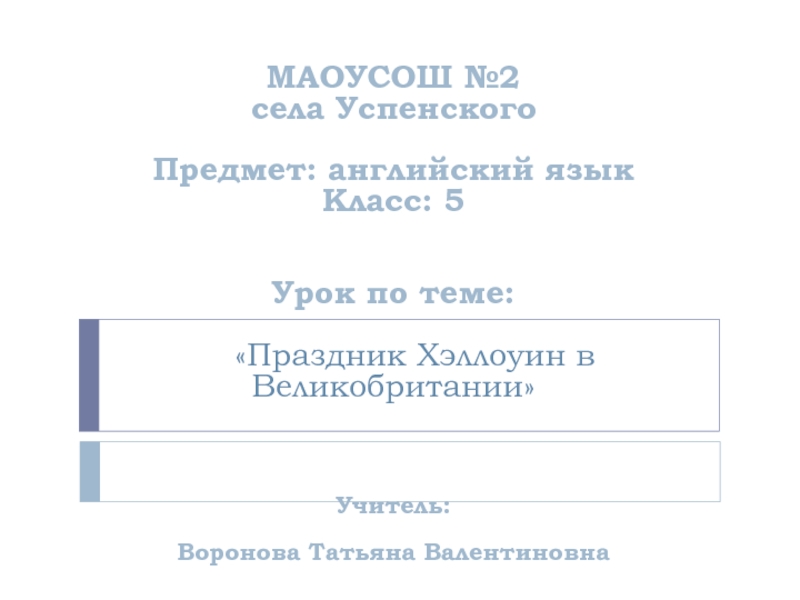
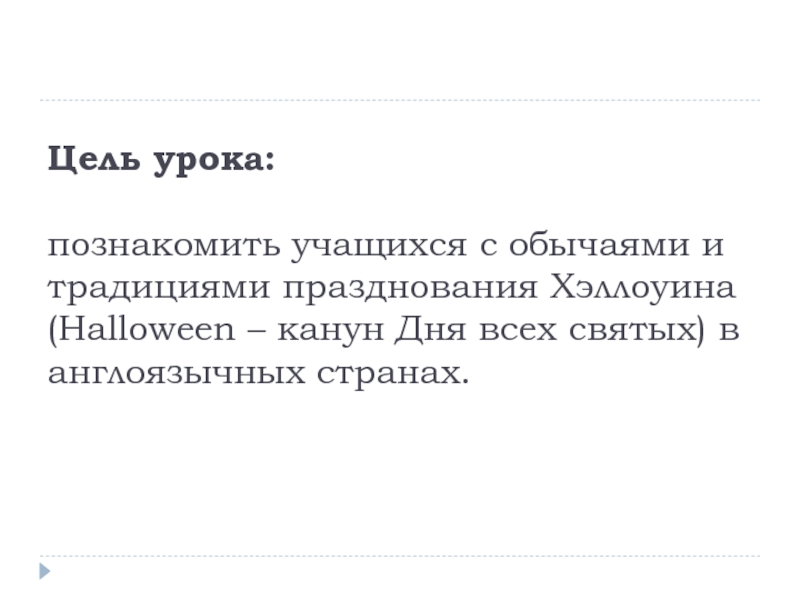
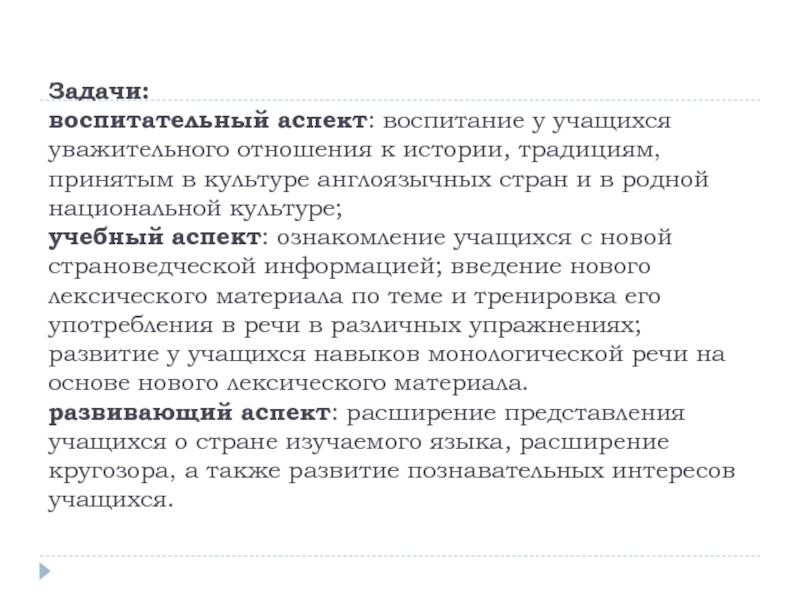
![Праздник Хэллоуин в Великобритании 5 класс Речевой материал: фонетический - [eә], [ͻ], [ʒ], [ɜ:], [ai]; лексический - Речевой материал: фонетический - [eә], [ͻ], [ʒ], [ɜ:], [ai]; лексический - a boy, a girl, to](/img/thumbs/795d9589d1cedeb2425ee0deb2ba3f2b-800x.jpg)
